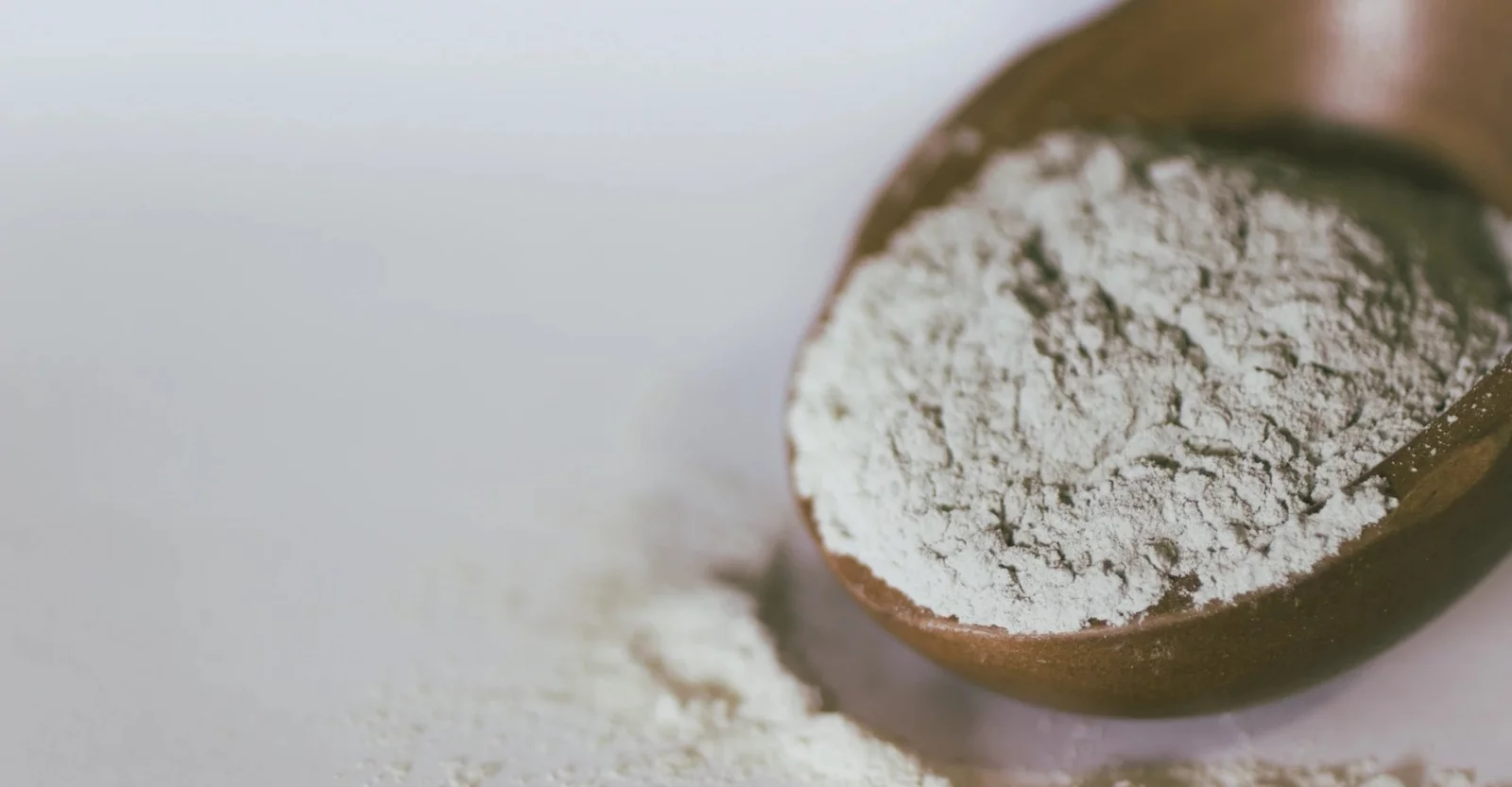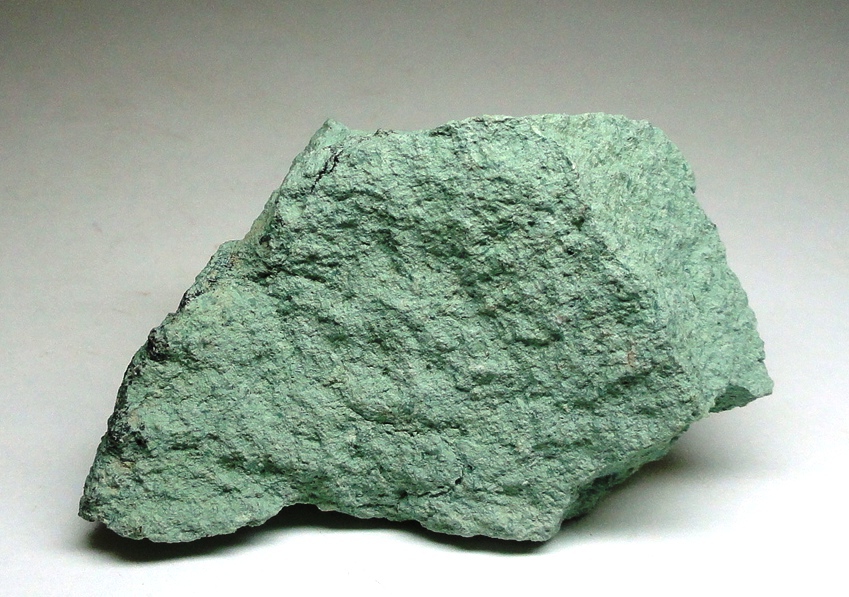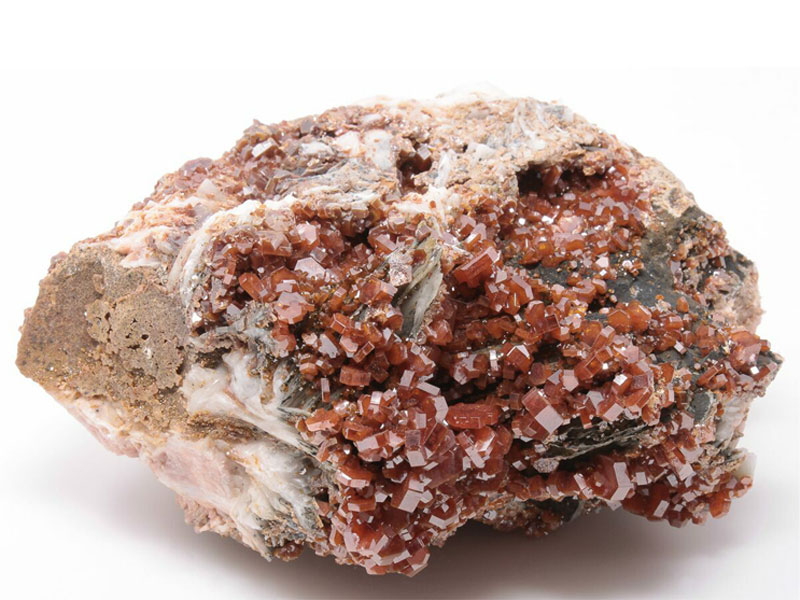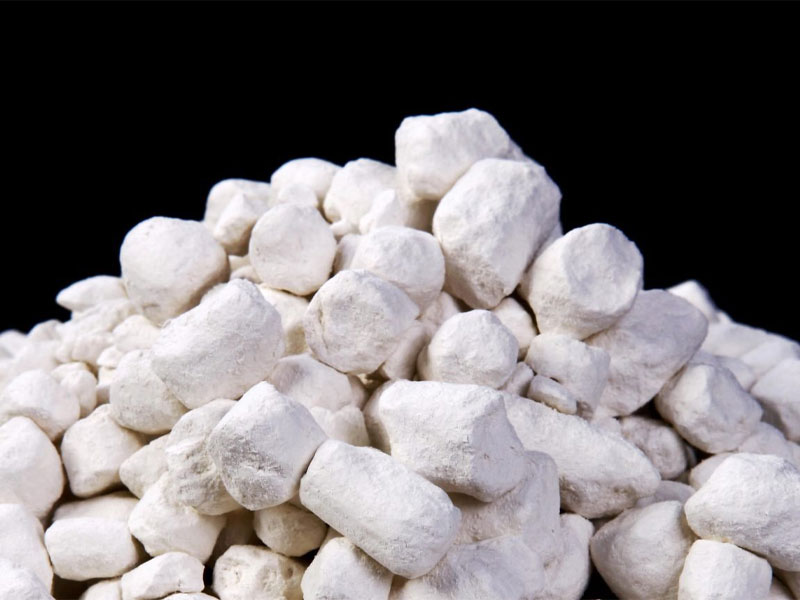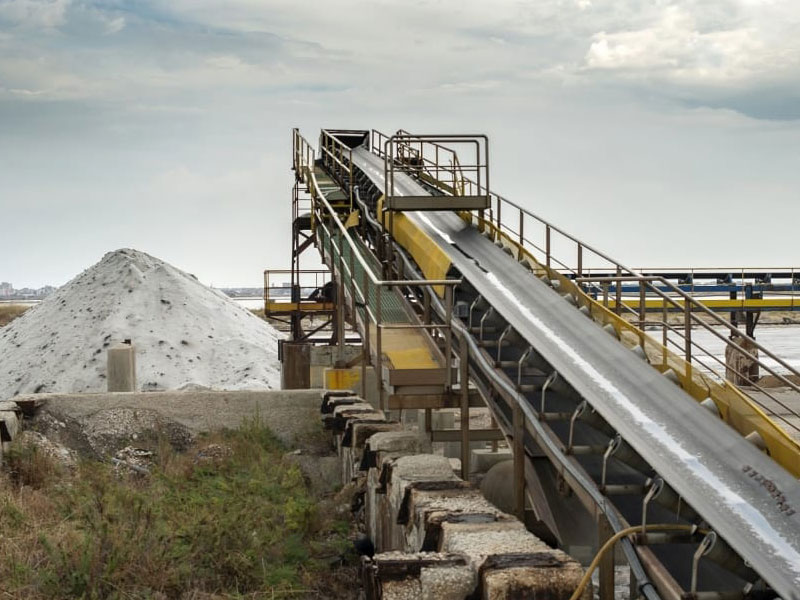What is Bentonite?
Bentonite is a type of clay that is formed from the weathering of volcanic ash. It is found in various parts of the world and has unique properties that make it an invaluable substance in a range of industries. Bentonite is known for its high water absorption capacity and plasticity, making it versatile and suitable for numerous applications.
The Importance of Resistivity in Geology
Resistivity, in geology, is a measure of a material’s ability to resist the flow of electric current. It plays a crucial role in understanding the subsurface properties of the earth. Bentonite’s resistivity is a vital parameter in geophysical surveys and the exploration of geological formations.
Bentonite’s Unique Characteristics
Bentonite exhibits several unique characteristics that make it highly desirable in various applications. These include its swelling capacity, high cation exchange capacity, and thixotropic behavior. These properties contribute to its effectiveness in retaining its form and function under different conditions.
Read More: Salt
Bentonite in Geotechnical Engineering
Geotechnical engineers use bentonite as a construction material and for stabilizing excavations. Its ability to form a waterproof barrier when hydrated makes it ideal for creating cutoff walls in civil engineering projects.
Bentonite’s Role in Drilling Fluids
Bentonite is widely used in the drilling industry as a crucial component of drilling fluids. It helps cool and lubricate the drill bit, suspend cuttings, and seal the borehole to prevent fluid loss. These functions are essential for successful drilling operations.
Bentonite Resistivity Testing
Testing the resistivity of bentonite is critical to ensure its suitability for specific applications. Various methods, such as the Wenner array, are used to determine its resistivity. These tests provide valuable data for geologists and engineers.
Applications of Bentonite Resistivity
Bentonite resistivity data finds applications in diverse fields, including civil engineering, groundwater exploration, and the oil and gas industry. It aids in subsurface mapping, mineral exploration, and environmental assessments.
Read More: Wikipedia
The Economic Impact of Bentonite Resistivity
Bentonite mining and processing contribute significantly to the economy. The versatility of bentonite and its role in various industries generate economic opportunities and employment.
Challenges in Bentonite Resistivity
While bentonite is highly versatile, it also faces challenges. These include the need for proper disposal due to its non-biodegradable nature and the environmental impact of mining and processing.
Environmental Considerations
The environmental impact of bentonite mining and its subsequent use is a concern. Strategies for sustainable mining and responsible disposal are being explored to mitigate these issues.
Future Trends in Bentonite Resistivity
As technology and research advance, the application of bentonite in resistivity testing is expected to evolve. New methods and environmentally friendly practices will shape its future.
Read More: Kaolin
Conclusion
Bentonite resistivity is a vital parameter in the geosciences and engineering fields. Its unique properties and versatility make it indispensable for a wide range of applications. As we continue to explore and understand the earth’s subsurface, bentonite will remain a key player in these endeavors.


